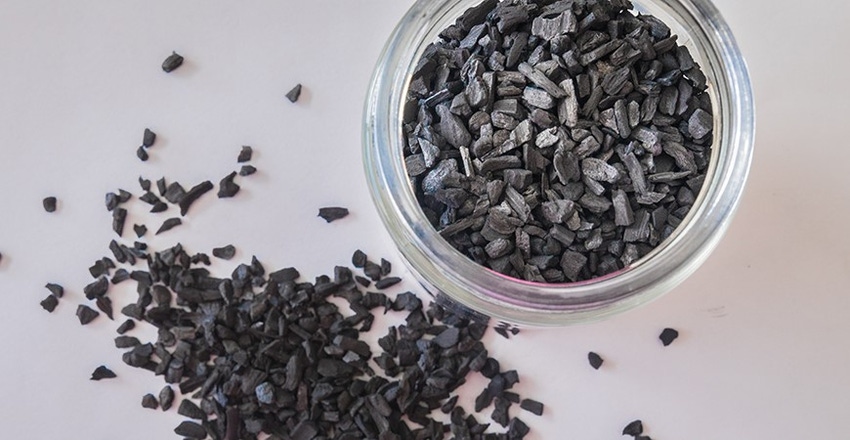Biochar may help tackle methane emissions from dairy manure
Several University of California-Merced professors will research how biochar can help reduce methane emissions from manure on dairies.
February 25, 2019

Through a multimillion-dollar grant from the California Strategic Growth Council’s competitive Climate Change Research Program, University of California-Merced (UC-Merced) professor Gerardo Diaz and his interdisciplinary team will look to subdue methane emissions from dairy cattle manure.
The Climate Change Research Program is part of California Climate Investments, a statewide initiative that puts billions of cap-and-trade dollars to work reducing greenhouse gas emissions, strengthening the economy and improving public health and the environment, UC-Merced said.
Diaz and professors YangQuan Chen and Catherine Keske from the university's School of Engineering and professors Asmeret Berhe, Teamrat Ghezzehei and Rebecca Ryals from the School of Natural Sciences will use the $3 million grant to examine how biochar can be produced and used to reduce greenhouse gas emissions, namely methane.
The team will explore the feasibility of a mobile biochar unit through technology development and field testing, the announcement said.
Biochar is a byproduct of burning biomass such as dead trees and shrubs or agricultural remains. Biochar’s properties depend on how it is produced; different temperatures and the inclusion of elements such as oxygen or steam can change how it would work for different soils and conditions, according to UC-Merced.
“California is one of the few places in the world where use of biochar for management makes a lot of sense, in particular because we typically have a lot of excess biomass form agriculture or forestry operations,” Berhe said. “With the massive tree die-off in the Sierra Nevada, biochar production from that biomass will have multiple benefits — reducing the amount of fuel in the forest to prevent large forest fires from spreading in the dry season and, with appropriate placement, improve the chemical and physical conditions of soil.”
Research has shown that the addition of biochar to manure composting reduces methane emissions between 27% and 32%, the researchers said.
If the mobile biochar production is successful, methane emissions from manure could drop by at least 2.74 million metric tons of carbon dioxide equivalents per year, the university said.
Diaz said communities in Merced and Madera counties are the target of the three-year project, with expansion across California's Central Valley as the ultimate goal.
The project will create a mobile biochar production unit that is at Technology Ready Level (TRL) 7, meaning it’s nearly ready to enter the market, UC-Merced said. The team will work with agriculture and manufacturing industry partners and local farmers on production. Although there is a stationary biochar production unit available in Ballico, Cal., Diaz said he believes a mobile unit will allow for more widespread use of biochar.
“In the past, the idea has been to have these plants that are stationary and people bring the biomass to that place, but that is a lot of transportation and pollution,” Diaz said. “If you have a small farmer who cannot even pay for the permit for open burning, how is he going to have the money to actually take it somewhere else to be utilized?”
The team believes that with the help of the mobile unit, biochar producers will be able to either use the product for their own farms or sell it to others for profit.
Keske, a resource economist, will research the economic feasibility of mobile biochar production, a challenge she said could ultimately decide the fate of mass biochar production for particular agricultural areas, including methane emission reduction, the announcement said.
“I think our findings have the potential to have an immediate impact on biochar production and the system in applying and using biochar,” Keske said. “If we can show positive correlation that it’s beneficial and I can show it’s economically feasible, I think California and the Central Valley are very poised to implement our results. That’s what is really exciting.”
You May Also Like


